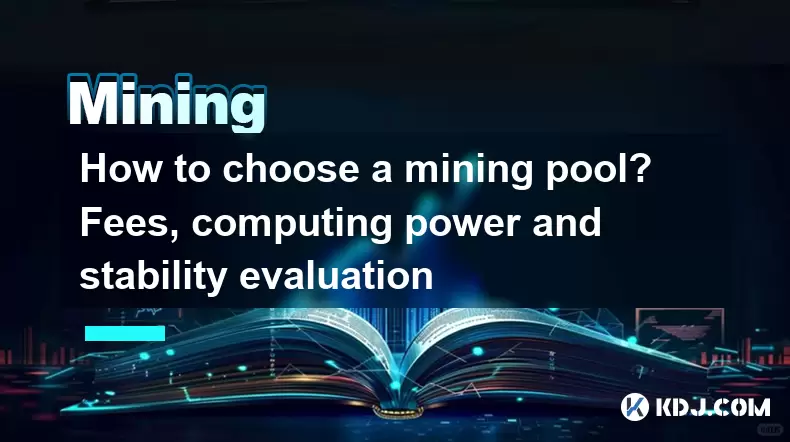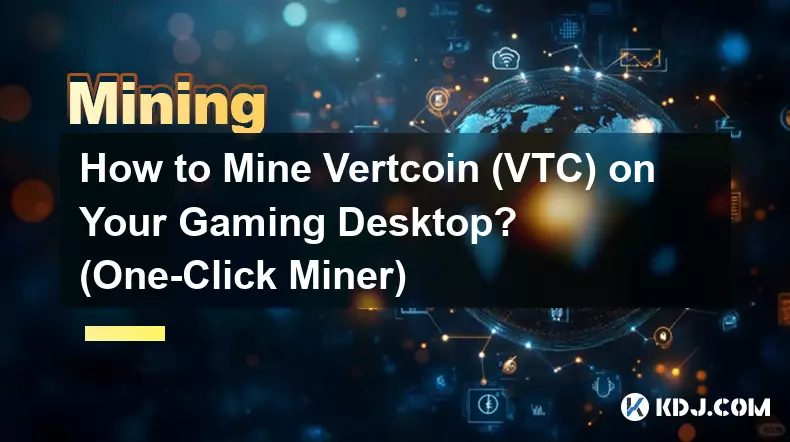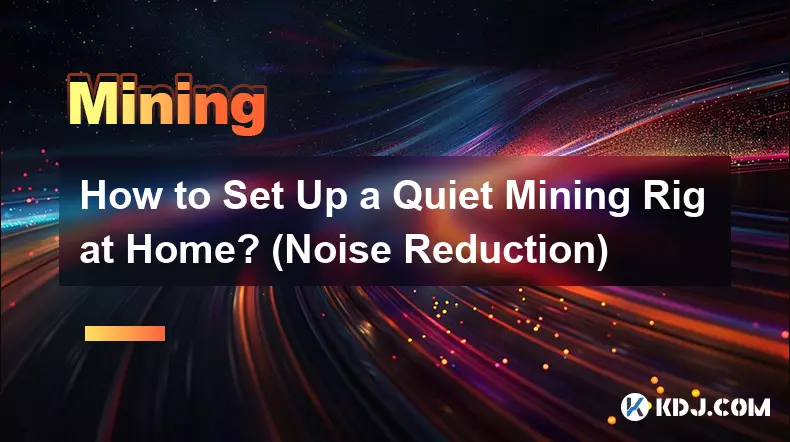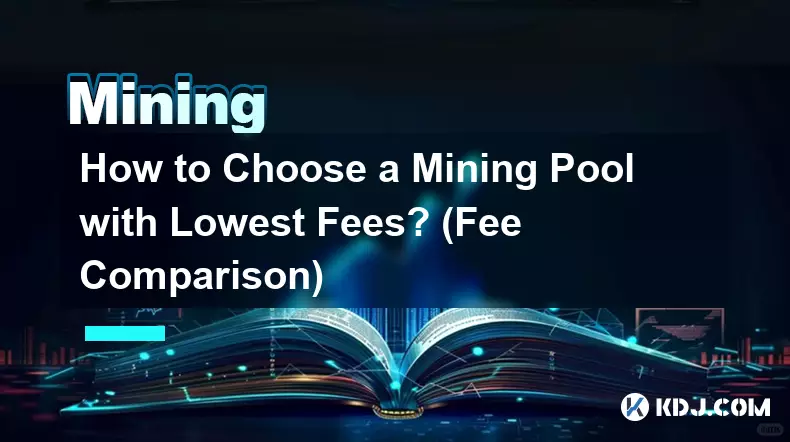-
 bitcoin
bitcoin $87959.907984 USD
1.34% -
 ethereum
ethereum $2920.497338 USD
3.04% -
 tether
tether $0.999775 USD
0.00% -
 xrp
xrp $2.237324 USD
8.12% -
 bnb
bnb $860.243768 USD
0.90% -
 solana
solana $138.089498 USD
5.43% -
 usd-coin
usd-coin $0.999807 USD
0.01% -
 tron
tron $0.272801 USD
-1.53% -
 dogecoin
dogecoin $0.150904 USD
2.96% -
 cardano
cardano $0.421635 USD
1.97% -
 hyperliquid
hyperliquid $32.152445 USD
2.23% -
 bitcoin-cash
bitcoin-cash $533.301069 USD
-1.94% -
 chainlink
chainlink $12.953417 USD
2.68% -
 unus-sed-leo
unus-sed-leo $9.535951 USD
0.73% -
 zcash
zcash $521.483386 USD
-2.87%
How to choose a mining pool? Fees, computing power and stability evaluation
Choosing the right mining pool involves evaluating fees, computing power, stability, and additional features to maximize profitability and ensure a smooth cryptocurrency mining experience.
Jun 22, 2025 at 05:14 pm

Understanding Mining Pools
Mining pools are collaborative groups of cryptocurrency miners who combine their computational resources over a network to increase the probability of mining a block. When a block is successfully mined, the rewards are distributed among the participants based on their contributed processing power. Choosing the right mining pool is crucial for maximizing profitability and ensuring a smooth mining experience.
Evaluating Fees Structure
One of the primary considerations when selecting a mining pool is the fee structure. Most pools charge a percentage of the rewards earned as fees for their services. It's essential to understand how these fees are calculated and what they include. Some pools may have additional charges for features like instant payouts or enhanced security measures. Transparent fee structures are preferable, allowing miners to anticipate costs accurately. Miners should also look out for hidden fees that could affect overall earnings.
Assessing Computing Power
The computing power of a mining pool significantly impacts the chances of successfully mining blocks. Larger pools typically have more hashing power, leading to more frequent block discoveries. However, this can also mean smaller individual payouts due to the increased number of participants sharing the rewards. Evaluating the pool’s hashrate distribution helps miners understand its competitiveness in the network. A balance between pool size and payout frequency is ideal for optimizing returns.
Ensuring Stability and Uptime
Stability is another critical factor when choosing a mining pool. Frequent downtimes or server issues can lead to lost mining opportunities and reduced earnings. Prospective miners should research the pool's historical uptime and reliability. Reviews from other users can provide insights into the pool's performance during peak times or under heavy load. Reliable connectivity and minimal latency are essential for maintaining consistent mining operations. Miners should prioritize pools with proven track records of stability and robust infrastructure.
Considering Additional Features
Beyond fees, computing power, and stability, miners should consider additional features offered by mining pools. These might include user-friendly interfaces, real-time monitoring tools, and customer support availability. Some pools offer advanced analytics or customizable settings that can enhance mining efficiency. Compatibility with mining hardware is also important; ensure the pool supports the specific equipment being used. Exploring these features can help miners tailor their experience to meet their unique needs and preferences.
Frequently Asked Questions
What happens if a mining pool goes offline?
If a mining pool experiences downtime, miners will temporarily stop receiving work assignments and won't contribute to block discovery until the issue is resolved. Miners should monitor pool status through official channels and consider switching pools if prolonged outages occur.
How do mining pools distribute rewards?
Mining pools typically use methods like Pay-Per-Share (PPS), Proportional, or Pay-Per-Last-N-Shares (PPLNS) to distribute rewards. Each method calculates payouts differently based on shares submitted by miners during a round.
Can I switch mining pools easily?
Switching pools generally involves updating mining software configurations to point to the new pool's server addresses and credentials. Ensure compatibility with existing mining hardware before making changes.
Are there risks associated with large mining pools?
While larger pools offer higher chances of discovering blocks, they may centralize mining power within the network. This concentration can potentially undermine decentralization principles inherent to blockchain technology. Miners should weigh these risks against potential benefits.
Disclaimer:info@kdj.com
The information provided is not trading advice. kdj.com does not assume any responsibility for any investments made based on the information provided in this article. Cryptocurrencies are highly volatile and it is highly recommended that you invest with caution after thorough research!
If you believe that the content used on this website infringes your copyright, please contact us immediately (info@kdj.com) and we will delete it promptly.
- ETH Transfer Sparks Panic Selling, Wipes Out Trader in Major Crypto Shake-Up
- 2026-02-02 15:40:01
- Bitcoin’s Wild Ride: Crypto Market Faces Price Drop Amidst Extreme Fear and Macro Headwinds
- 2026-02-02 12:30:01
- Ross Stores Dominates Off-Price Retail with Brick-and-Mortar Prowess Amidst Economic Shifts
- 2026-02-02 13:20:01
- Cong, Leviste, DOE Slap: Billionaire Faces $24B Penalty Amidst Renewable Energy Promises
- 2026-02-02 13:20:01
- Bitcoin Vulnerabilities Exposed in Brutal Crypto Crash, Highlighting Market Immaturity
- 2026-02-02 13:15:02
- Unlocking Fortunes in Your Pocket: UK Coins Could Make You £1,000 Richer
- 2026-02-02 13:15:02
Related knowledge

How to Spot a Cloud Mining Scam? (Red Flags to Watch For)
Feb 02,2026 at 08:20am
Unrealistic Return Promises1. Platforms advertising guaranteed daily returns above 1–2% without disclosing underlying hardware, electricity costs, or ...

How to Earn Passive Income with DePIN Mining? (New Trend 2026)
Feb 01,2026 at 12:40pm
Understanding DePIN Mining Mechanics1. DePIN mining relies on real-world infrastructure participation rather than computational hashing. Users deploy ...

How to Mine Vertcoin (VTC) on Your Gaming Desktop? (One-Click Miner)
Feb 02,2026 at 03:39am
Understanding Vertcoin's Mining Algorithm1. Vertcoin uses the Verthash algorithm, which is intentionally memory-hard and designed to resist ASIC domin...

How to Set Up a Quiet Mining Rig at Home? (Noise Reduction)
Feb 01,2026 at 11:00pm
Acoustic Enclosure Design1. Use rigid, dense materials such as MDF or acoustic-grade plywood for the enclosure walls to block mid-to-high frequency no...

How to Choose a Mining Pool with Lowest Fees? (Fee Comparison)
Feb 02,2026 at 02:39am
Understanding Mining Pool Fee Structures1. Pool operators charge fees to cover infrastructure, maintenance, and administrative costs. These fees manif...

How to Mine Bitcoin on Mac (M1/M2/M3)? (Software Tutorial)
Feb 01,2026 at 07:19pm
Understanding Bitcoin Mining on Apple Silicon1. Bitcoin mining relies on solving cryptographic puzzles using computational power, and Apple’s M1, M2, ...

How to Spot a Cloud Mining Scam? (Red Flags to Watch For)
Feb 02,2026 at 08:20am
Unrealistic Return Promises1. Platforms advertising guaranteed daily returns above 1–2% without disclosing underlying hardware, electricity costs, or ...

How to Earn Passive Income with DePIN Mining? (New Trend 2026)
Feb 01,2026 at 12:40pm
Understanding DePIN Mining Mechanics1. DePIN mining relies on real-world infrastructure participation rather than computational hashing. Users deploy ...

How to Mine Vertcoin (VTC) on Your Gaming Desktop? (One-Click Miner)
Feb 02,2026 at 03:39am
Understanding Vertcoin's Mining Algorithm1. Vertcoin uses the Verthash algorithm, which is intentionally memory-hard and designed to resist ASIC domin...

How to Set Up a Quiet Mining Rig at Home? (Noise Reduction)
Feb 01,2026 at 11:00pm
Acoustic Enclosure Design1. Use rigid, dense materials such as MDF or acoustic-grade plywood for the enclosure walls to block mid-to-high frequency no...

How to Choose a Mining Pool with Lowest Fees? (Fee Comparison)
Feb 02,2026 at 02:39am
Understanding Mining Pool Fee Structures1. Pool operators charge fees to cover infrastructure, maintenance, and administrative costs. These fees manif...

How to Mine Bitcoin on Mac (M1/M2/M3)? (Software Tutorial)
Feb 01,2026 at 07:19pm
Understanding Bitcoin Mining on Apple Silicon1. Bitcoin mining relies on solving cryptographic puzzles using computational power, and Apple’s M1, M2, ...
See all articles










































































